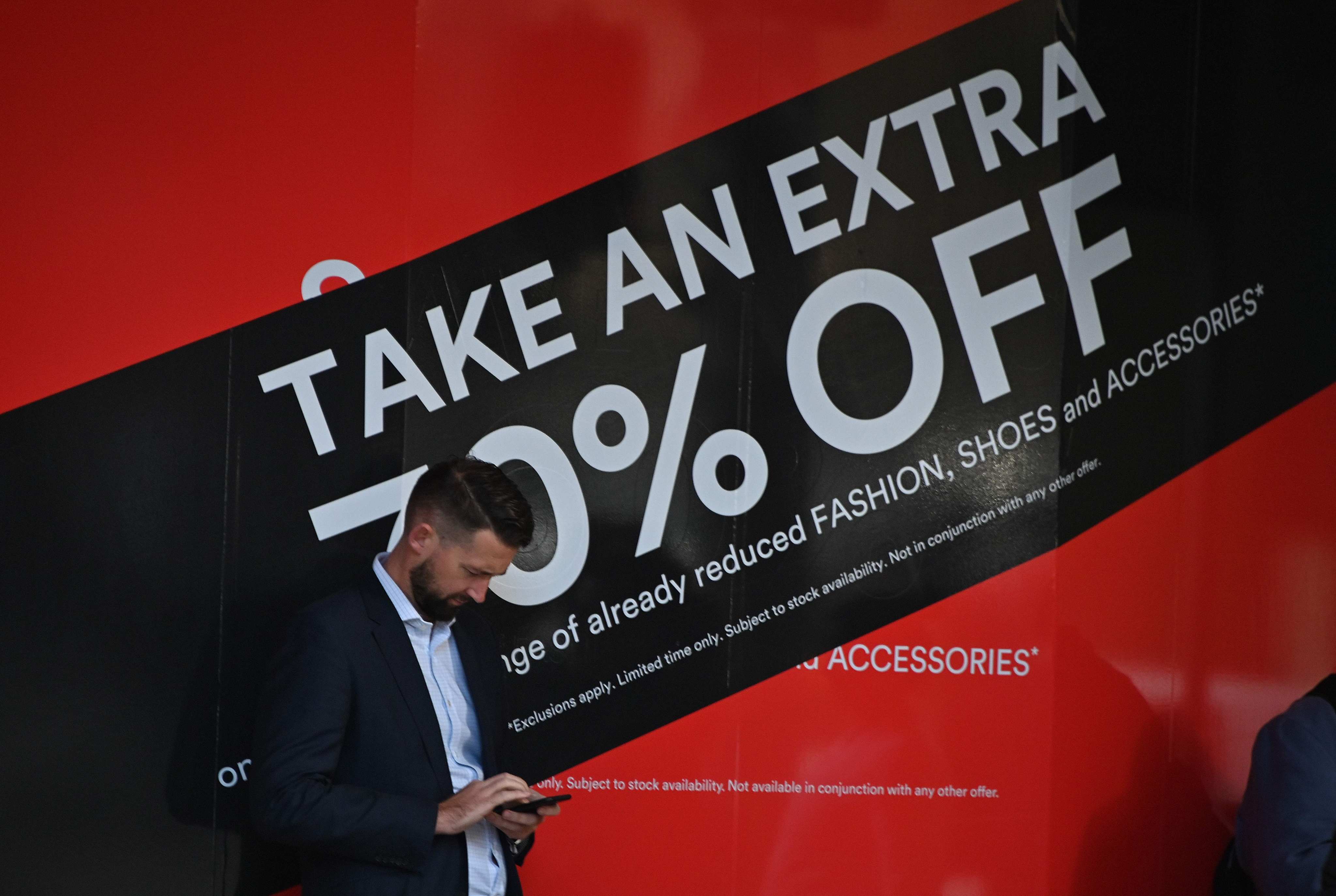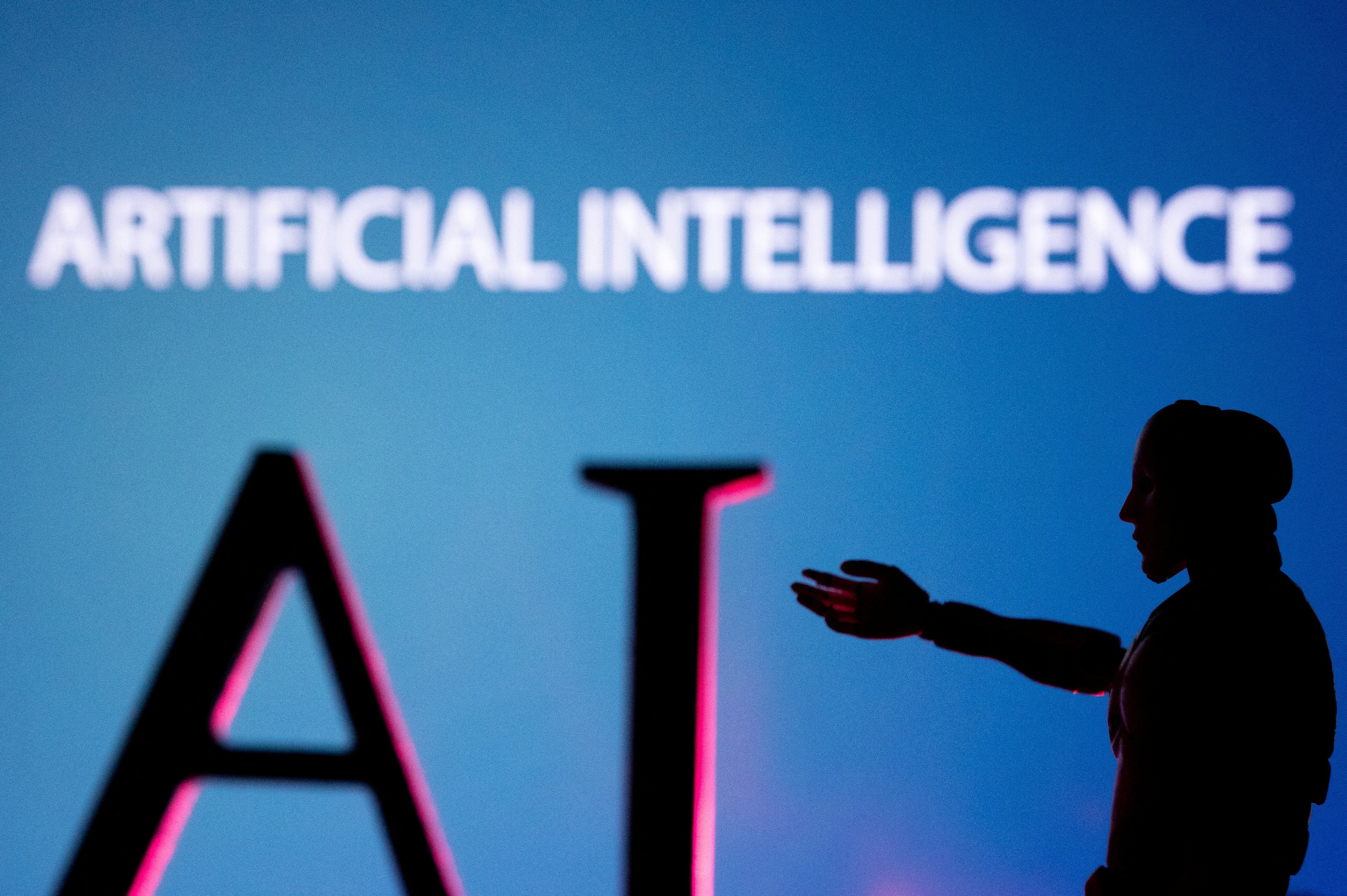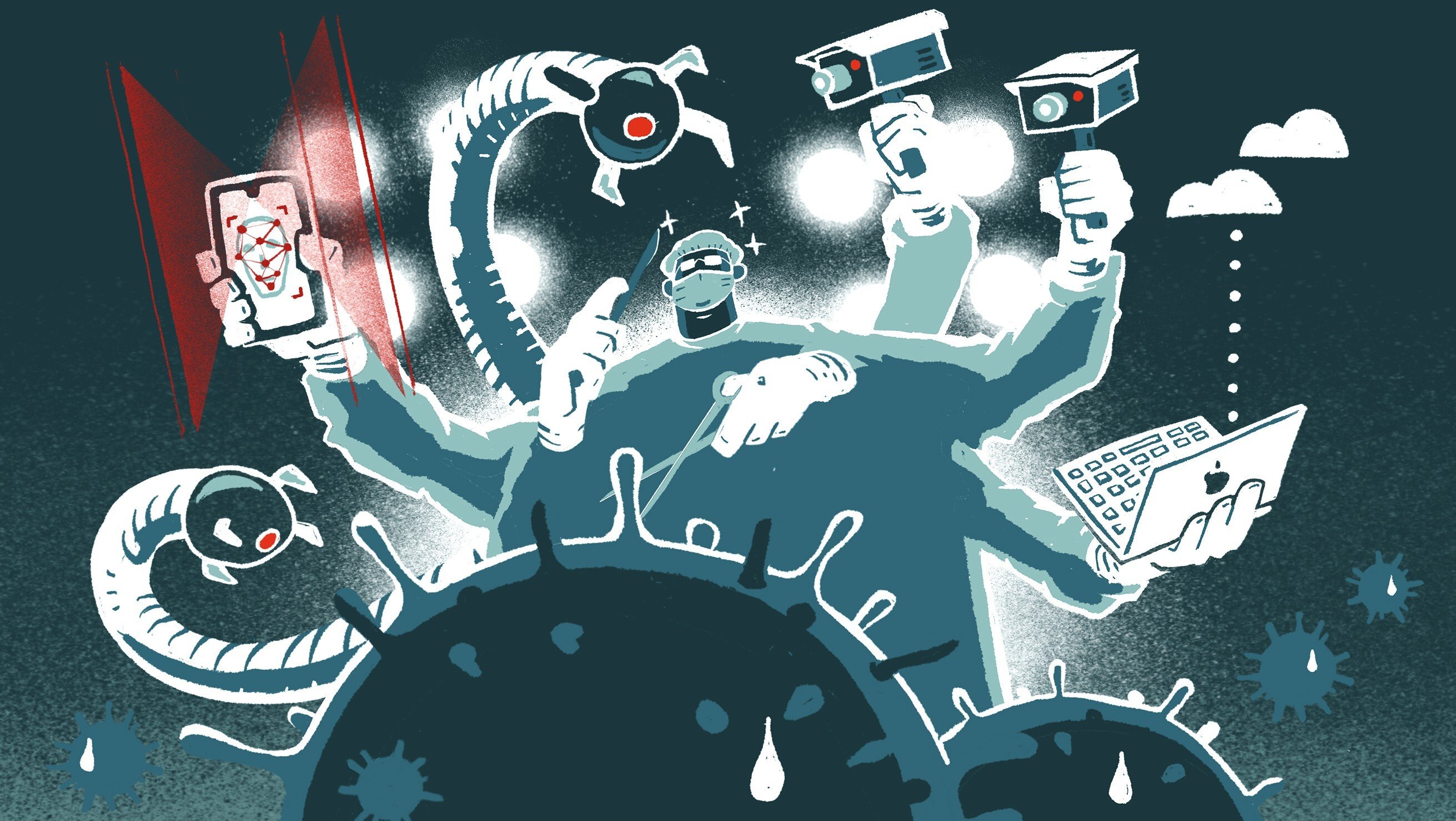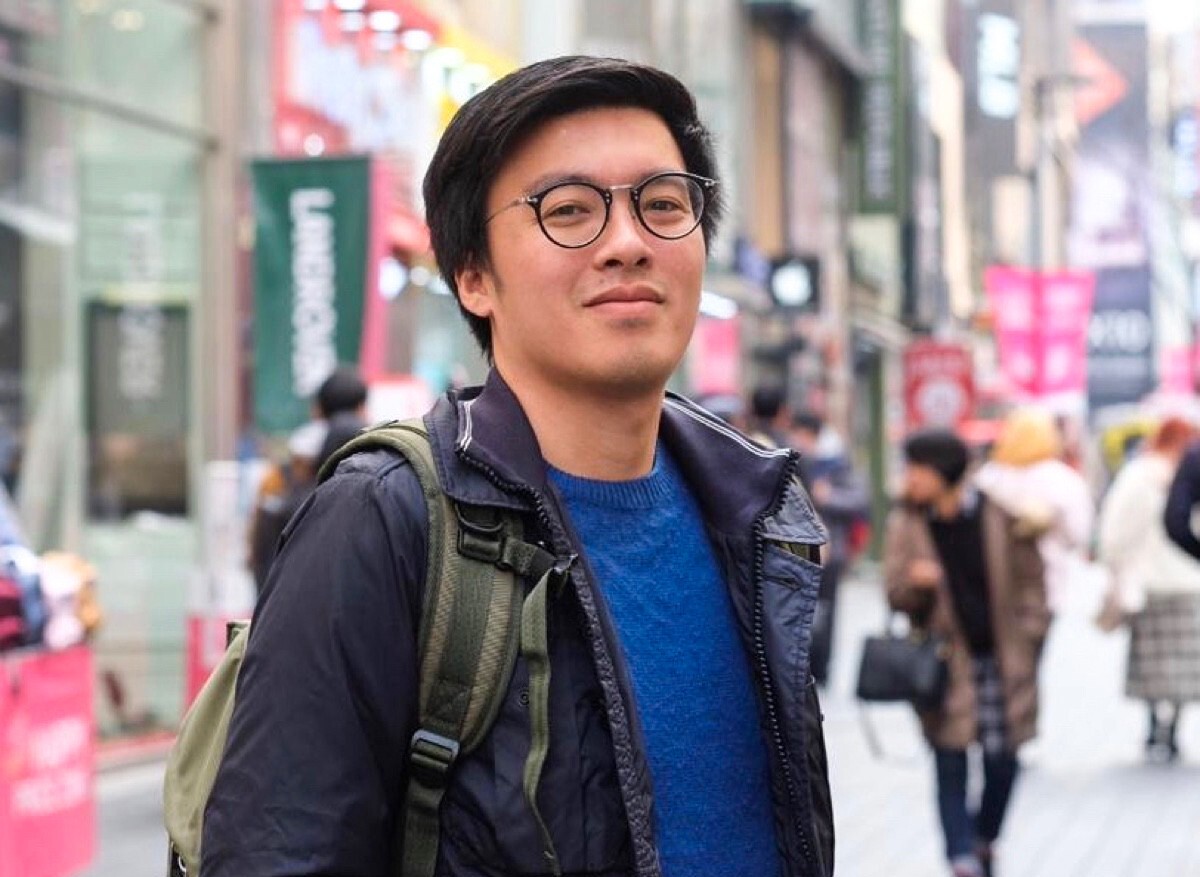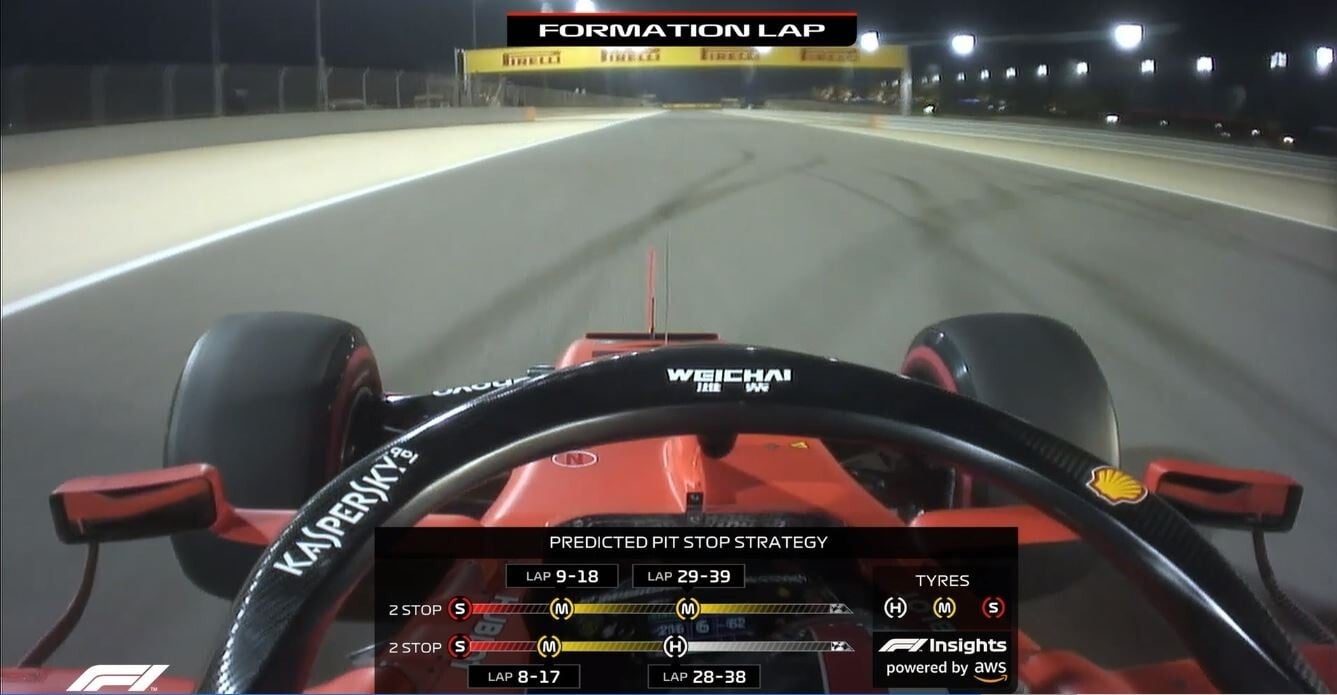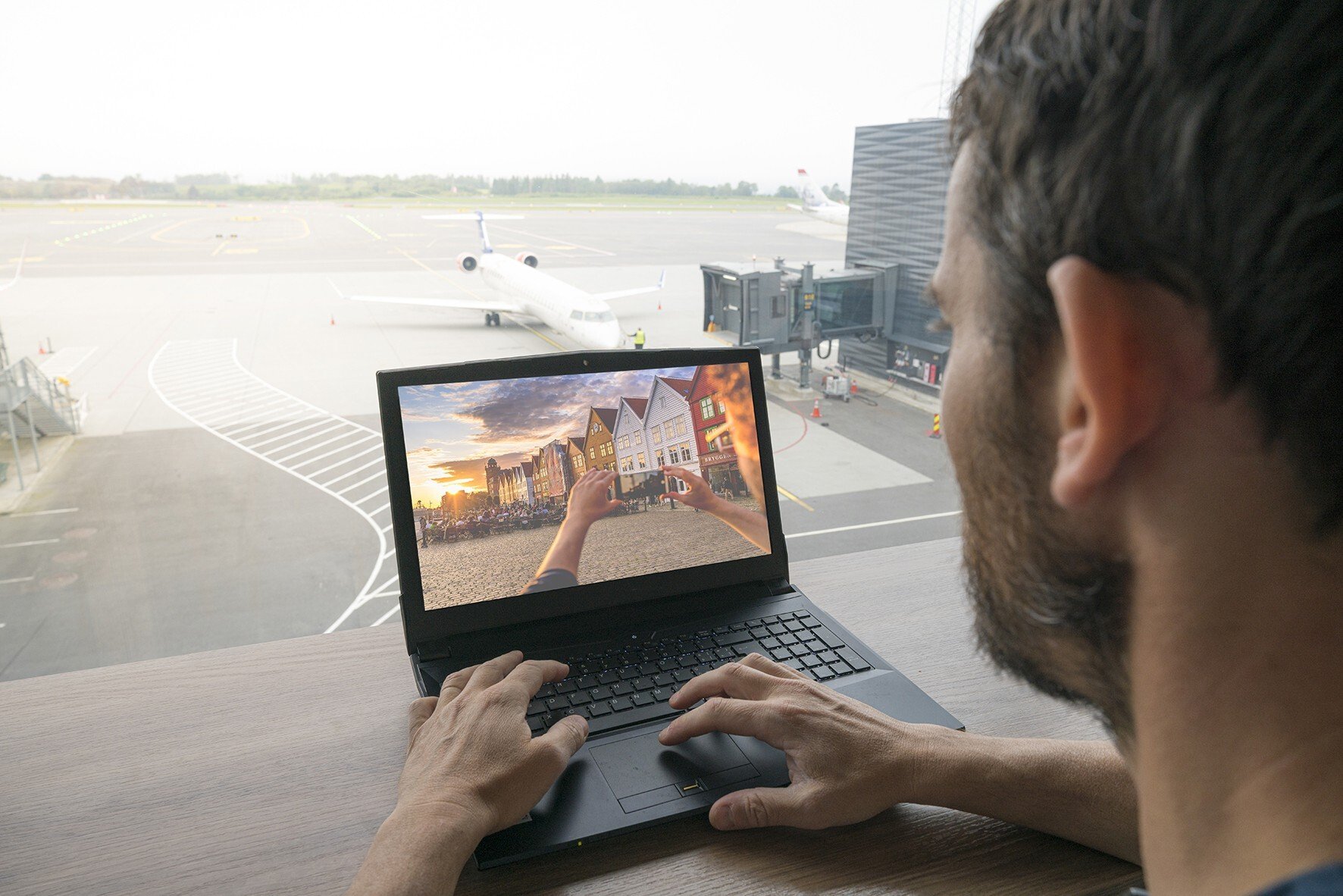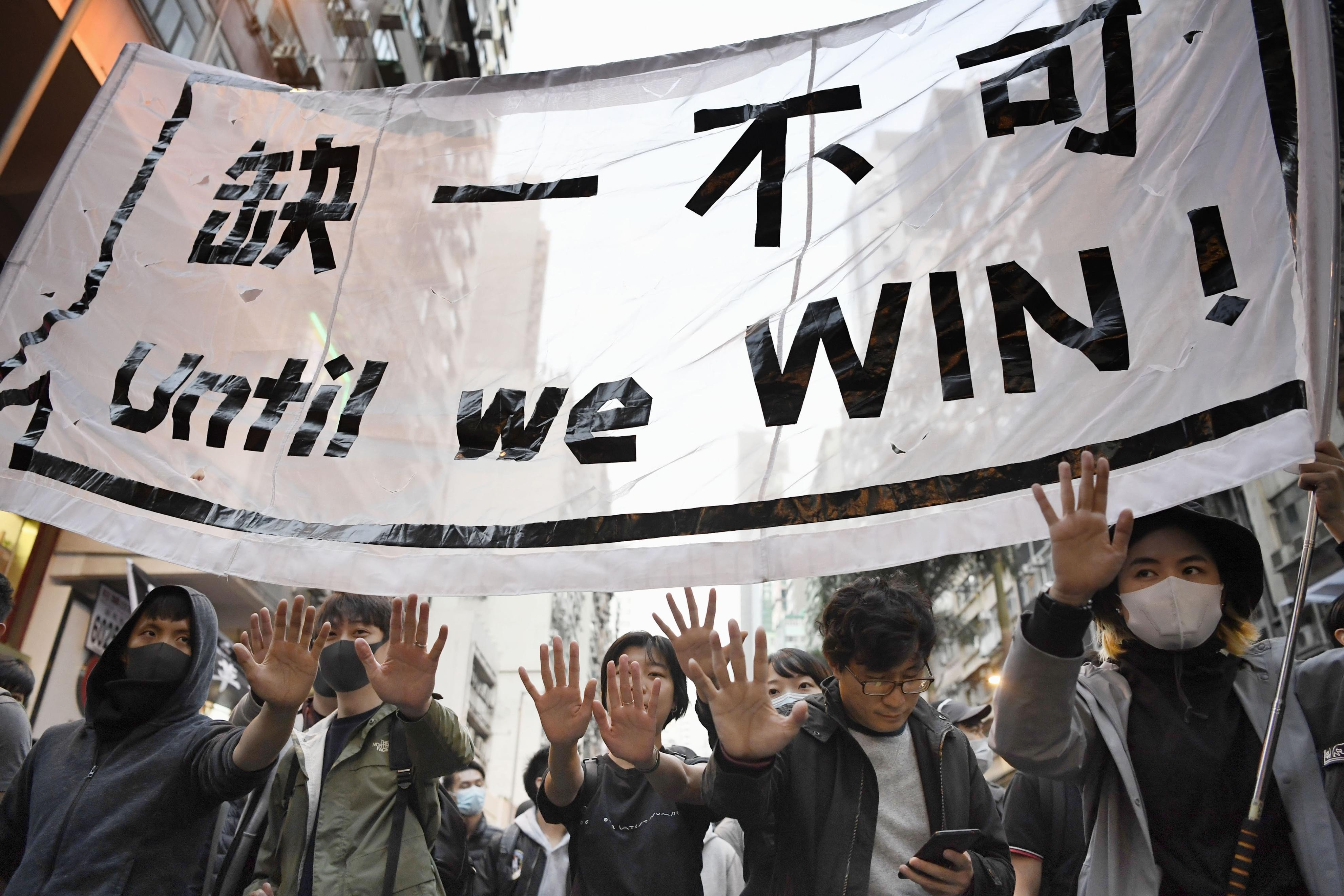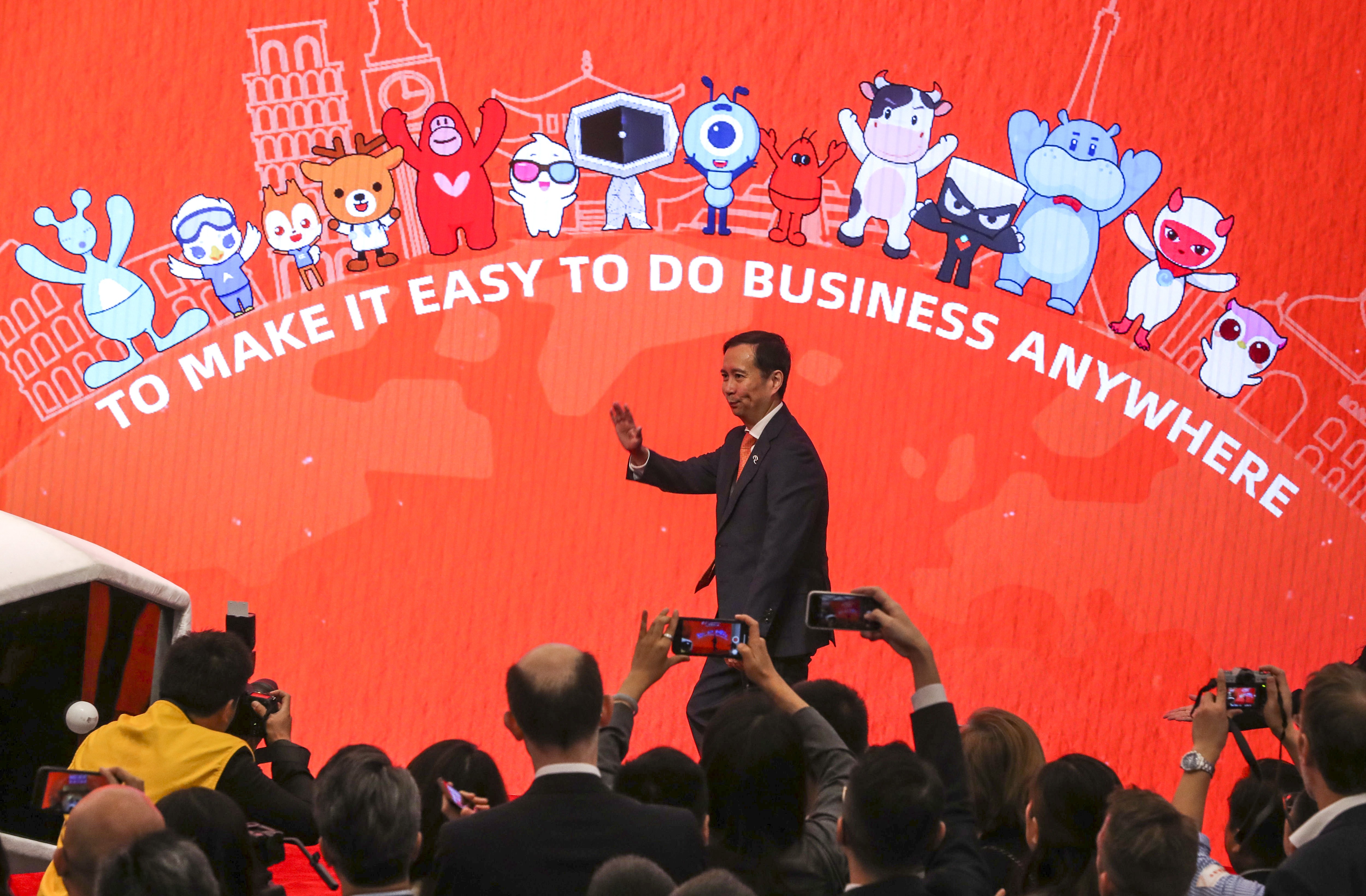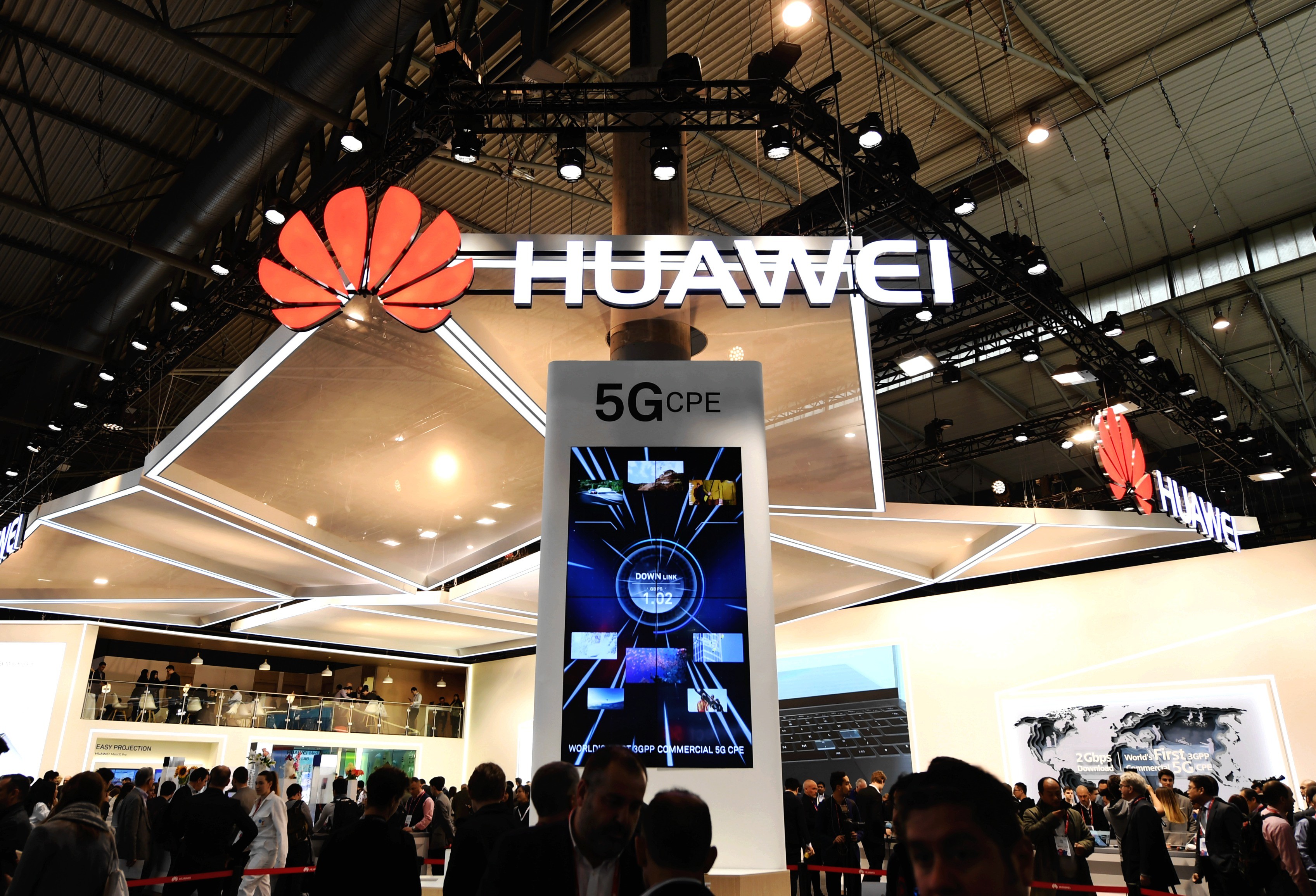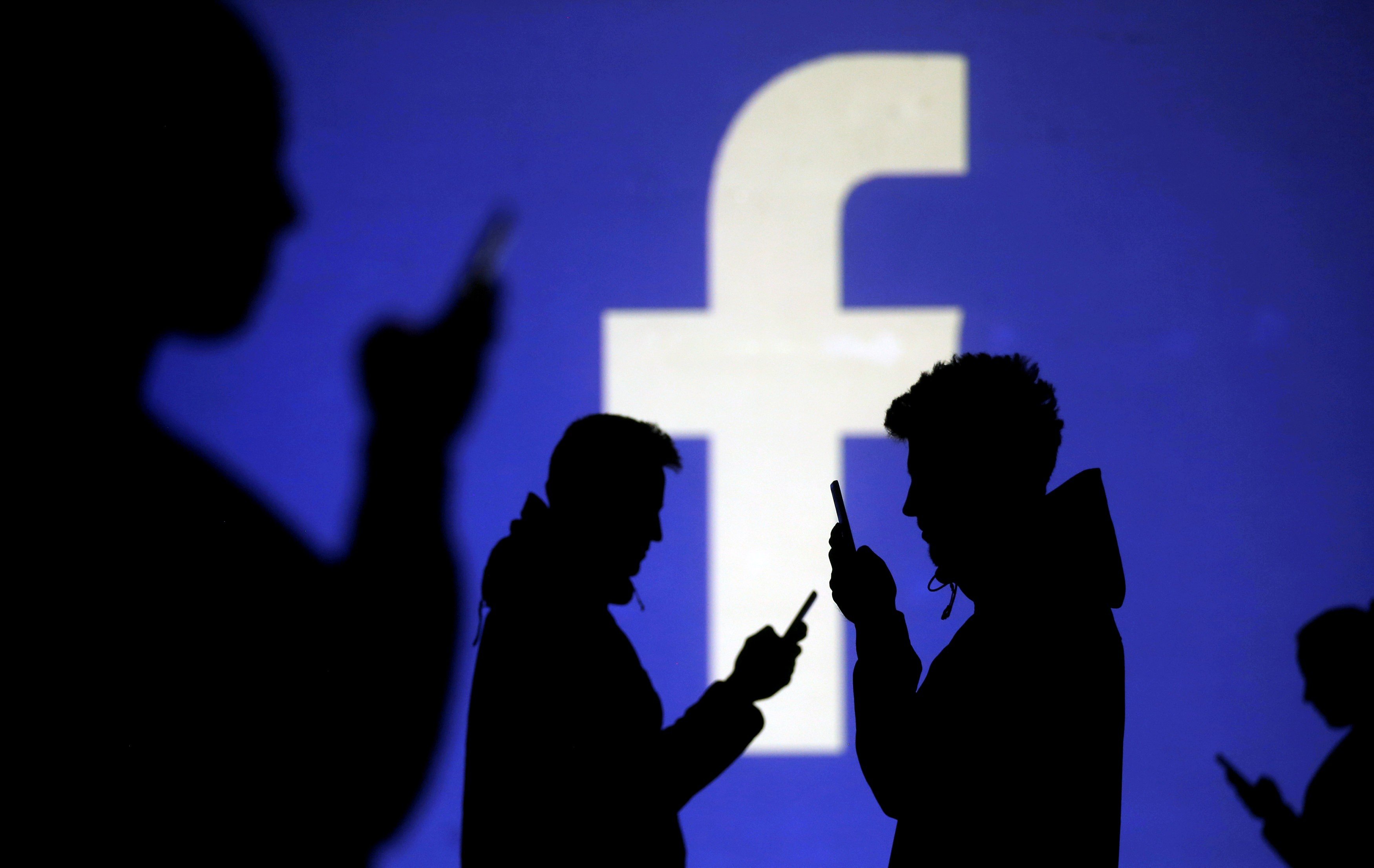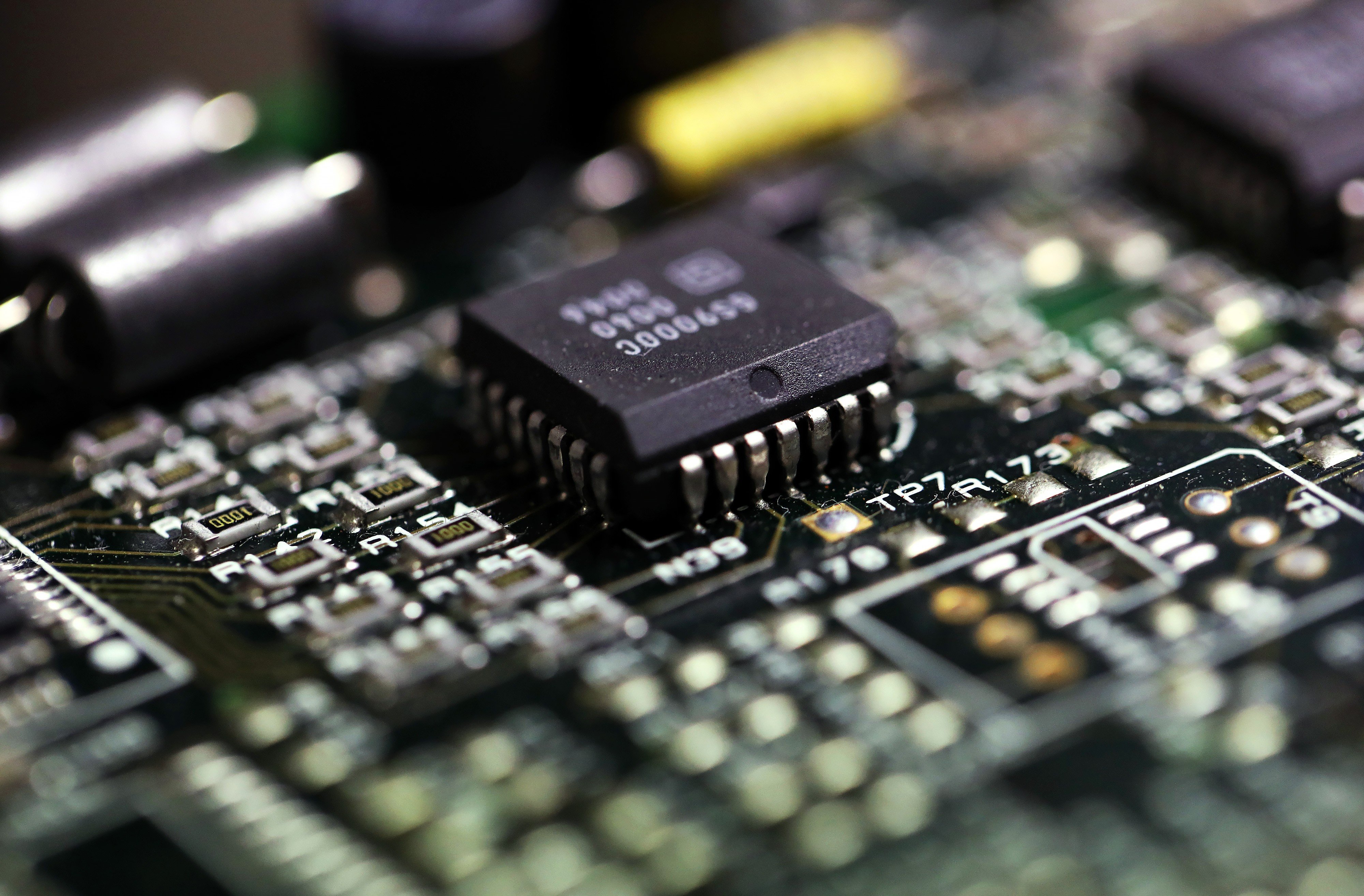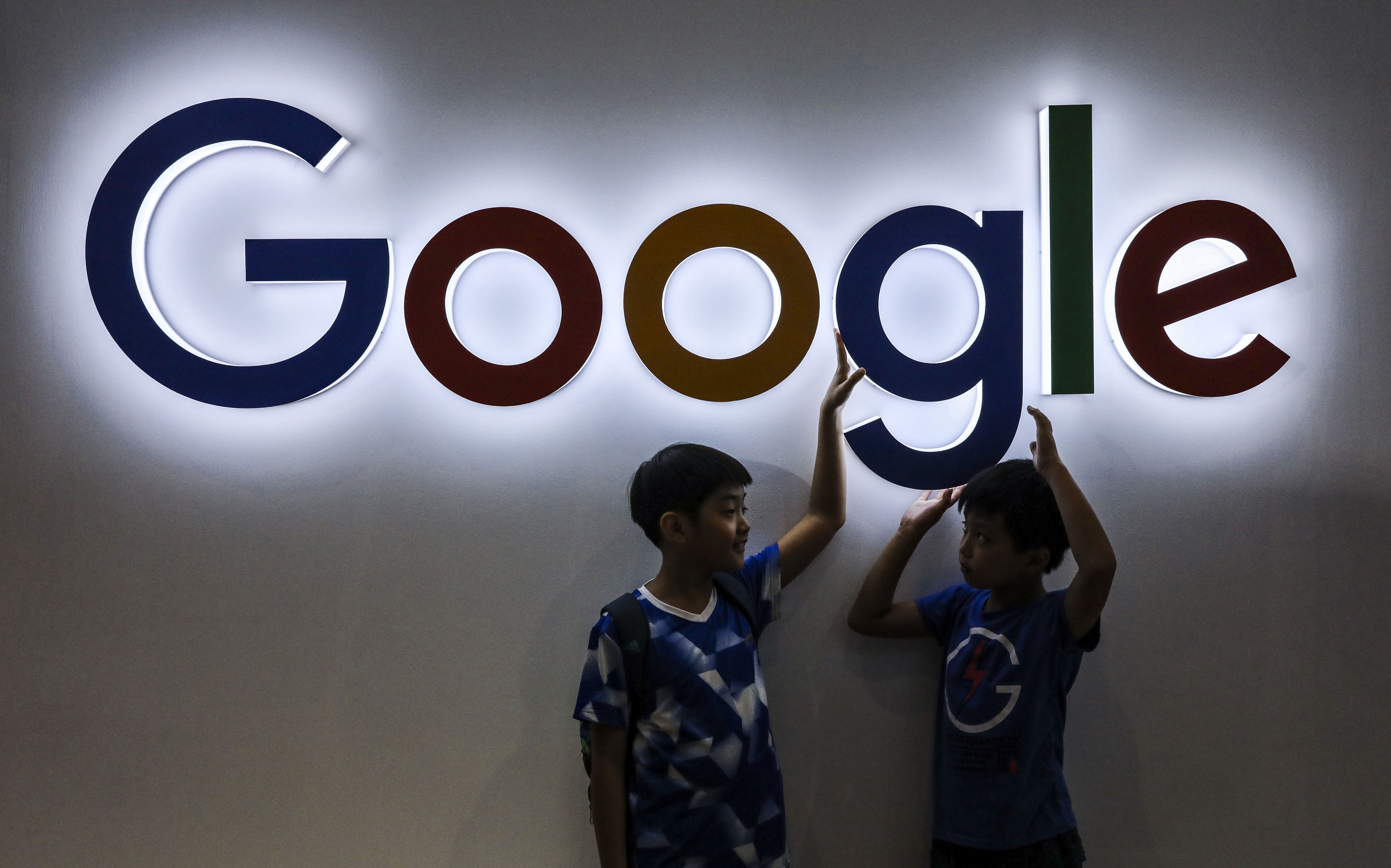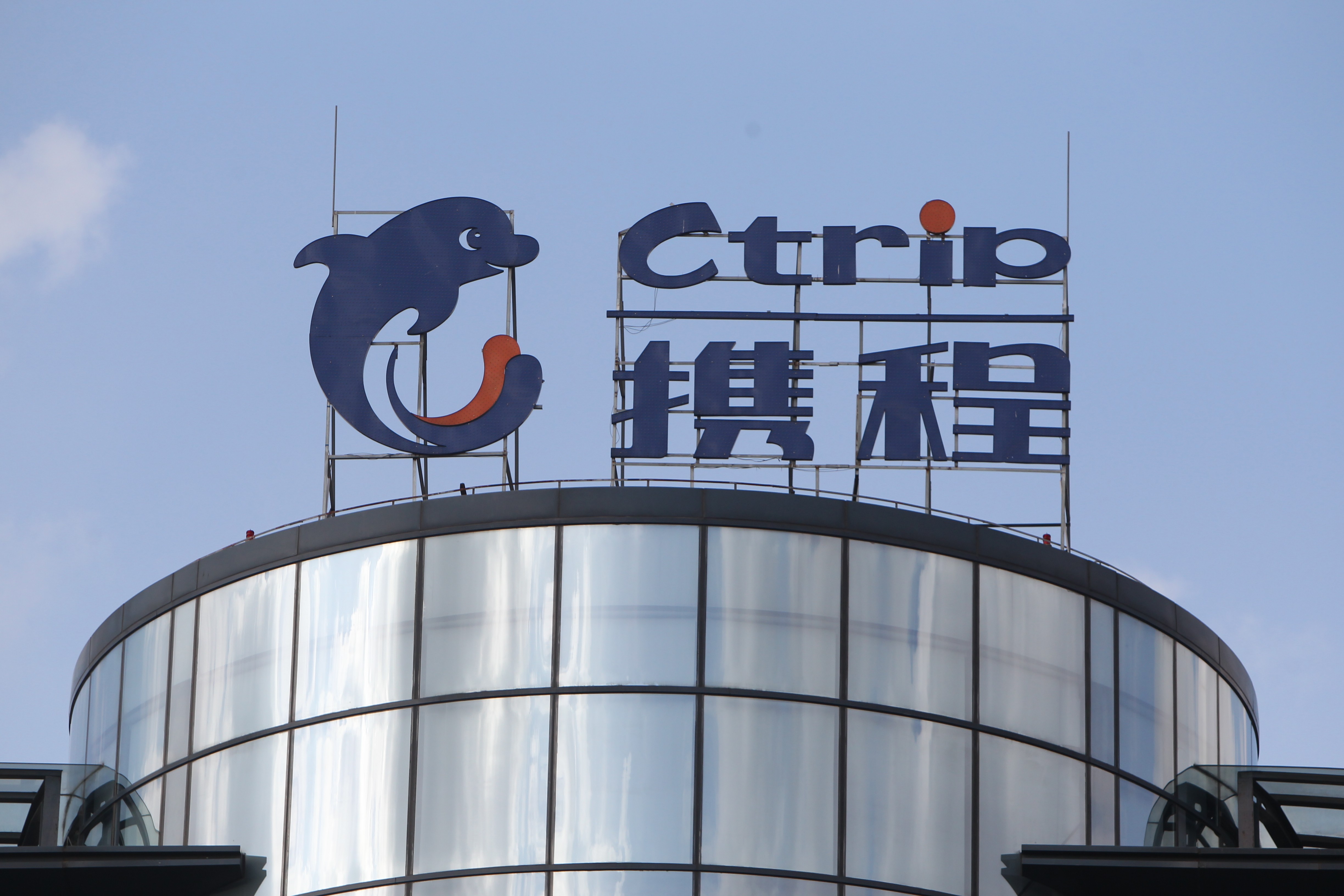Advertisement
Advertisement

Gareth Nicholson
Senior Editor, Technology
Gareth is an editor for the Post. He is a former managing editor for the EIU’s thought leadership division in Asia. He moved to Hong Kong with Reuters in 2003 and later joined Bloomberg as a finance editor. He also worked as an investment writer with Fidelity, BlackRock and JP Morgan.
Australia wants to protect its online content from foreign interference, which China cannot object to, having long walled off its internet. It is normal for a country to debate what kind of content can and cannot be consumed within its borders, but this should be separate from the discussion over data privacy.
New technology is often viewed with deep suspicion, only for humans to later enjoy their immense benefits. Ensuring AI brings similar gains to humanity instead of widespread misery will require effective regulation and oversight.
A whistle-blower says he gave US authorities extensive classified information about deeply covert programmes that possess retrieved craft of non-human origin. It is easy to dismiss these claims as fantasy or fabrication, but perhaps it’s time the world took the issue seriously.
China’s push for self-reliance in strategic technologies such as AI and semiconductors amid escalating tech tensions remains another key theme.
Advertisement
